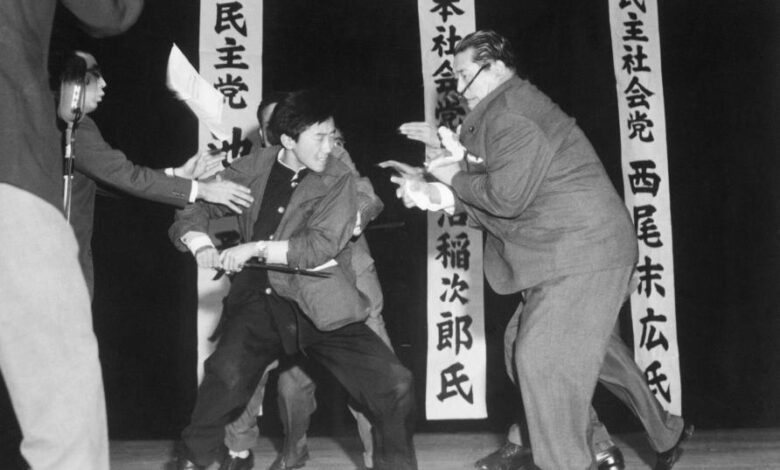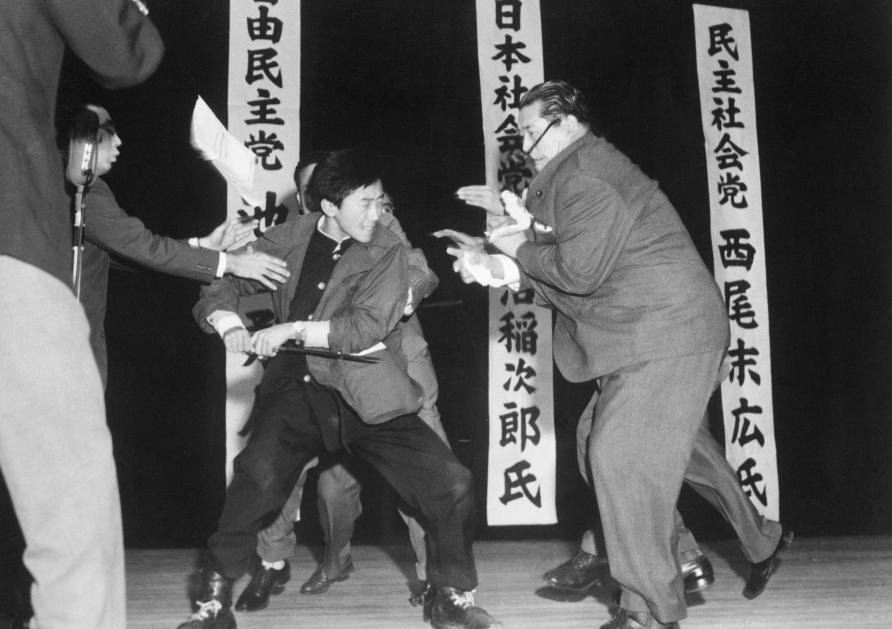
Why Suspects in Japan Are Almost Never Acquitted
Why suspects in Japan are almost never acquitted? This question delves into the fascinating, and sometimes unsettling, intricacies of the Japanese legal system. It’s a system where confessions hold immense weight, investigative techniques are intensely focused, and cultural norms play a surprisingly significant role in determining the outcome of criminal trials. Prepare to uncover a world where the pursuit of justice unfolds in a manner quite different from what many of us are accustomed to.
We’ll explore the burden of proof, the power dynamics between police, prosecutors, and defense attorneys, and the influence of public opinion and media. We’ll examine how cultural concepts like “honne” (true feelings) and “tatemae” (public face) might subtly, yet powerfully, shape courtroom proceedings. By the end, you’ll have a clearer understanding of the complex interplay of legal processes, societal pressures, and cultural nuances that contribute to Japan’s remarkably low acquittal rate.
Cultural and Societal Factors: Why Suspects In Japan Are Almost Never Acquitted

The persistently low acquittal rates in Japan’s justice system aren’t solely explained by legal procedures; deeply ingrained cultural and societal factors play a significant, arguably dominant, role. Understanding these nuances is crucial to grasping the complexities of the Japanese legal landscape. These factors often intertwine, creating a powerful pressure towards confession and impacting the perception of justice itself.
Several key cultural aspects contribute to this phenomenon. The emphasis on social harmony, the concepts of honne and tatemae, and the pervasive societal pressure to confess all interact to shape courtroom dynamics and outcomes.
Honne and Tatemae’s Influence on Courtroom Behavior
The Japanese concepts of honne (one’s true feelings) and tatemae (one’s outward behavior) are deeply relevant to the courtroom setting. Individuals may prioritize maintaining social harmony ( tatemae) by confessing, even if it means admitting guilt for a crime they didn’t commit, to avoid disrupting social order or causing shame to their family and community. This prioritization of social harmony over individual truth can significantly influence a defendant’s behavior and the overall judicial process.
A defendant might feel compelled to offer a confession to save face, even if they are innocent. This internal conflict between personal truth and the need for social harmony often leads to outcomes that seem at odds with Western notions of justice.
Social Pressure to Confess
The immense social pressure to confess is perhaps the most significant factor. Confession is highly valued in Japan, viewed as a sign of remorse and a path towards redemption and restoring social harmony. This cultural expectation can lead to false confessions, especially under intense interrogation, which may involve long hours of questioning without legal representation present in the early stages.
The pressure to protect one’s family’s reputation and avoid bringing shame upon oneself and one’s community can be overwhelming, leading individuals to confess to crimes they did not commit. This societal pressure often overrides the individual’s desire to assert their innocence, making a fair trial challenging.
Emphasis on Social Harmony and its Impact on Judicial Processes, Why suspects in japan are almost never acquitted
The Japanese cultural emphasis on maintaining social harmony ( wa) permeates all aspects of life, including the judicial system. Open conflict and confrontation are generally avoided, and this preference for harmony can manifest in a reluctance to challenge authority, including that of the police and prosecutors. This can lead to a system where the pursuit of truth sometimes takes a backseat to the desire to maintain social order.
A defendant might choose to accept a plea bargain, even if they are innocent, to avoid a protracted and potentially disruptive trial that could further damage their reputation and family’s standing within the community. This subtle but pervasive pressure for social harmony profoundly impacts the judicial process, often resulting in outcomes that prioritize societal stability over individual rights.
The exceptionally low acquittal rate in Japan isn’t simply a matter of stricter laws or more efficient policing; it’s a reflection of a deeply ingrained system where confessions are paramount, investigative pressure is significant, and cultural expectations heavily influence the entire process. While this system may achieve high conviction rates, it raises important questions about the balance between efficiency and individual rights, and the potential for miscarriages of justice.
Understanding this unique legal landscape offers a valuable perspective on how different cultures approach the complexities of justice.
Japan’s incredibly high conviction rate stems from a confession-centric system, often leading to wrongful convictions. Thinking about this got me pondering broader societal pressures and how they shape justice, which is why I found the article, comfort ero offers three lessons for peacemaking in an unstable world , so fascinating. It highlights the complexities of conflict resolution, which, in a way, mirrors the pressures within Japan’s judicial system pushing for confessions, even if coerced.
Japan’s incredibly high conviction rate stems from a confession-centric system, a stark contrast to, say, the fallout from events like the recent explosion at ballistic missile testing facility in russia two dead radiation spikes , where accountability might play out differently. The pressure to confess in Japan, regardless of guilt, is immense, leading to a situation where acquittals are exceptionally rare.
Japan’s incredibly high conviction rate stems from a confession-centric system, often leading to wrongful convictions. It’s a fascinating parallel to the challenges companies face integrating AI, as highlighted in this insightful article on why companies are struggling to onboard ai ; both scenarios involve a struggle with complex systems and a lack of proper integration. Just as a coerced confession doesn’t equate to justice, poorly implemented AI won’t yield desired results.
The pressure to secure a “result,” whether a conviction or AI implementation, can overshadow the importance of due process and careful planning.

